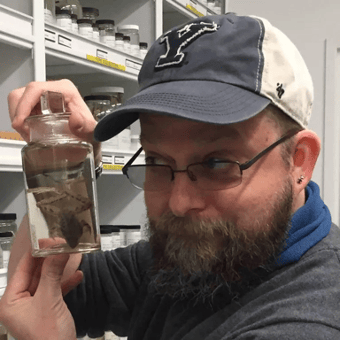
Gregory Watkins-Colwell
Senior Collections Manager,
Yale Peabody Museum
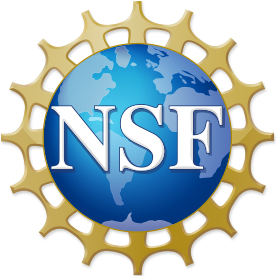
The ZooMu Network is funded by an NSF Research Coordination Networks Grant (RCN) to build a lasting network of biological collections staff who are equipped to work between collection types, and will open broad new opportunities for biological collections research by linking living and preserved collections, databases, and professionals.
For more information on the NSF RCN, see here.
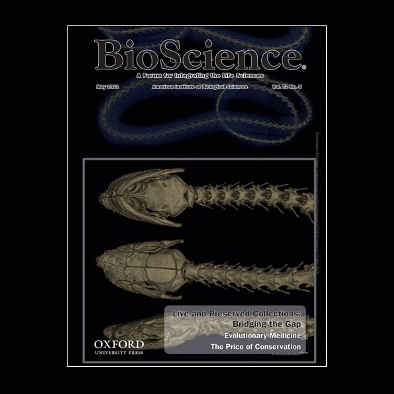
To read more about the project, see our BioScience paper:
https://doi.org/10.1093/biosci/biac022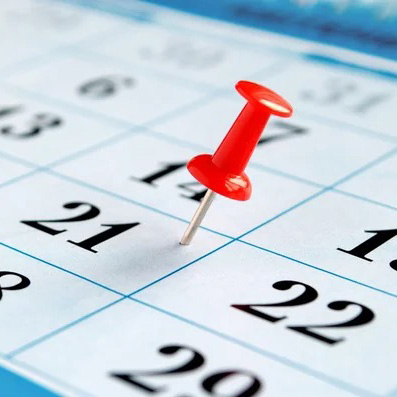
A 4-Day Workshop at Audubon Zoo in New Orleans, LA. This workshop will be focusing on human capacity. It is one of three topic-focused workshops under the NSF funded Zoo-Museum Research Coordination Network.
A workshop taking place at Memphis Zoo in Memphis, TN. Agenda and dates TBD.
Led by ZooMu PIs Greg Watkins-Colwell (Yale Peabody Museum), Sinlan Poo (Memphis Zoo), Steven Whitfield (Audubon Zoo), and Alex Shepack (Florida International University), along with Steering Committee members Jennifer D’Agostino (OKC Zoo) and Catherine Early (Science Museum of Minnesota), the workshop provided a rare opportunity for professionals from diverse disciplines to find common ground, compare practices, and set shared goals for the collection, preservation, and use of animal specimens.
Key outcomes included drafting an MOU template for zoo/aquarium–museum partnerships, outlining a quick guide for specimen transfers, and initiating a “10 Simple Rules” framework for collaboration. Participants also developed messaging to help institutions introduce and champion specimen transfers from zoos and aquariums to natural history museums, demonstrating how standardized procedures can strengthen both animal welfare and research value.
Through candid discussions, participants identified cultural and logistical barriers that often separate our communities and began charting a path to overcome them. By the workshop’s conclusion, participants had developed a multi-year roadmap for action and reaffirmed their commitment to building a lasting, cooperative framework for sharing specimens, data, and expertise across our parallel organizations in support of biodiversity research and conservation.
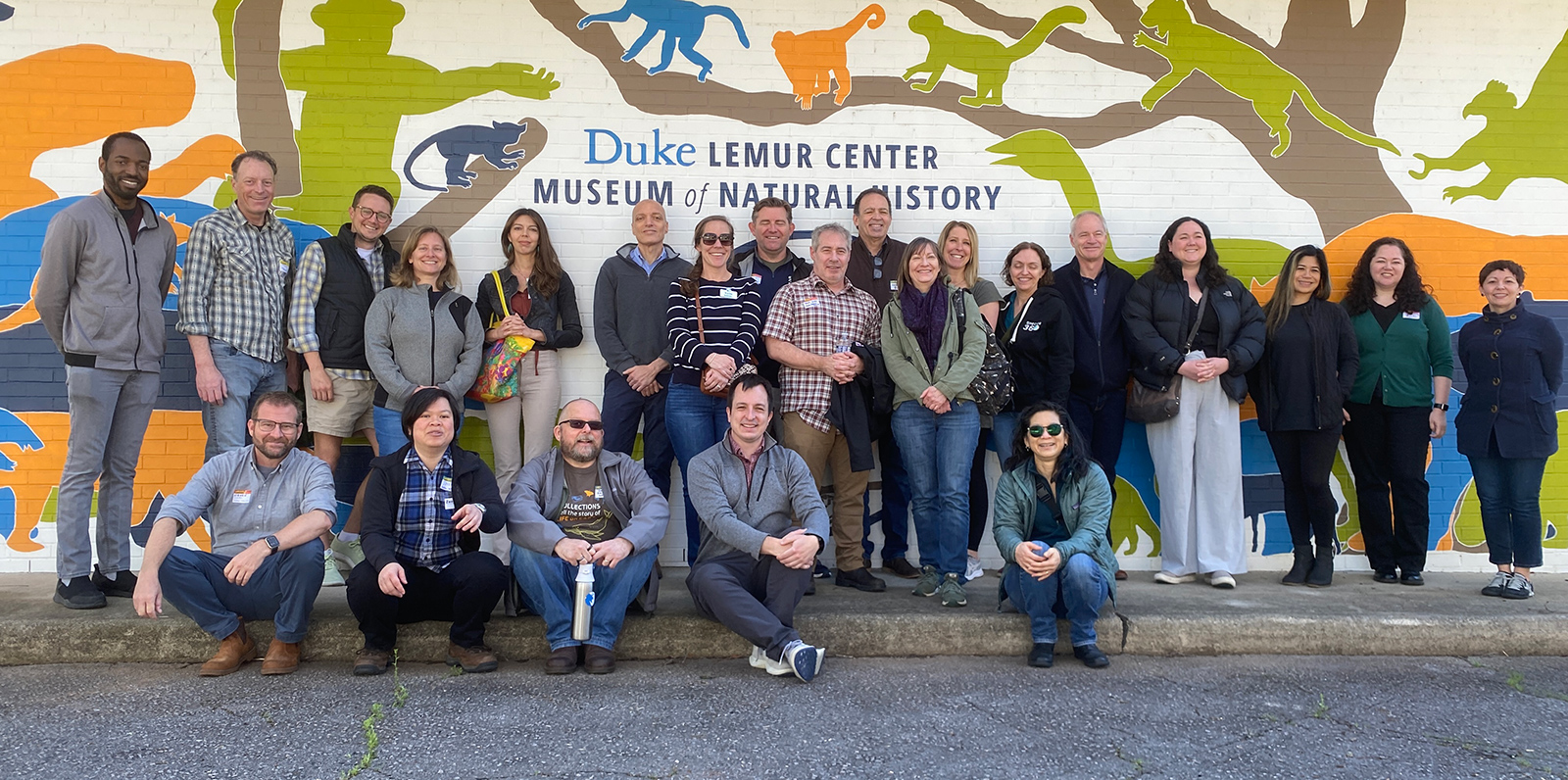
The Zoo Museum (ZooMu) Network Cyber Infrastructure (CI) workshop at the Duke Lemur Center brought together experts from zoos, museums, collection systems, and biodiversity informaticists to address key challenges in data sharing, interoperability, and long-term accessibility. Participants played a vital role in shaping discussions on aligning data standards, improving institutional collaboration, and increasing the discoverability and usability of biological data. Key outcomes included advancing the adoption of FAIR (Findable, Accessible, Interoperable, Reusable) principles, identifying standardized identifiers to improve cross-institutional data tracking, and leveraging platforms like GBIF and MorphoSource for broader data integration. Through dynamic breakout sessions and working groups, attendees developed actionable strategies, including a roadmap for data interoperability, defining core data fields for standardization and exploring pilot initiatives to test collaborative solutions. The invaluable contributions of participants not only enriched the discussions but also helped chart a clear and practical path forward, ensuring that this community remains at the forefront of innovation in data sharing and collaboration across zoos and museums.
This was the kickoff meeting for the 5-year ZooMu Network RCN: a webinar event to get the next 5 years of ZooMu RCN started.
Watch on YouTubeThis symposium was held at JMIH 2023 in Norfolk Virginia, USA and was sponsored by the American Society of Ichthyologists and Herpetologists (ASIH), Herpetologists' League (HL), and the Society for the Study of Amphibians and Reptiles (SSAR) to provide support for presenters to attend JMIH 2023.
More InfoZoos and aquariums hold a wealth of biological resources in their live collections that is unique to these institutions and cannot be simulated with traditional natural history collections in museums. As modern zoos transition from exhibits to conservation organizations, zoos are starting to focus on ways to enhance their contribution to the advancement of biological sciences. In recent years, the Association of Zoos and Aquariums (AZA) has placed increasing emphasis on the need for zoos to invest in scientific advancement through basic and applied research.
More Info
Senior Collections Manager,
Yale Peabody Museum
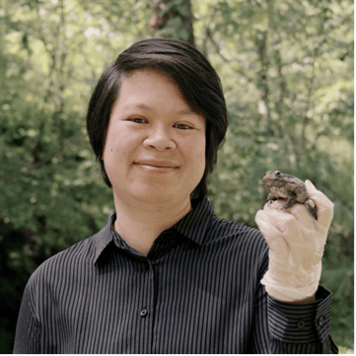
Curator of Research,
Memphis Zoo
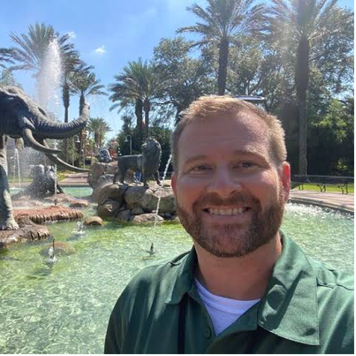
Director of Terrestrial & Wetland Conservation,
Audubon Nature Institute
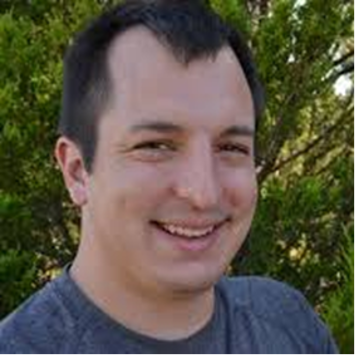
Postdoc,
Florida International University
Emeritus,
New York Botanical Garden
Knology
Alaska Sea Life Center